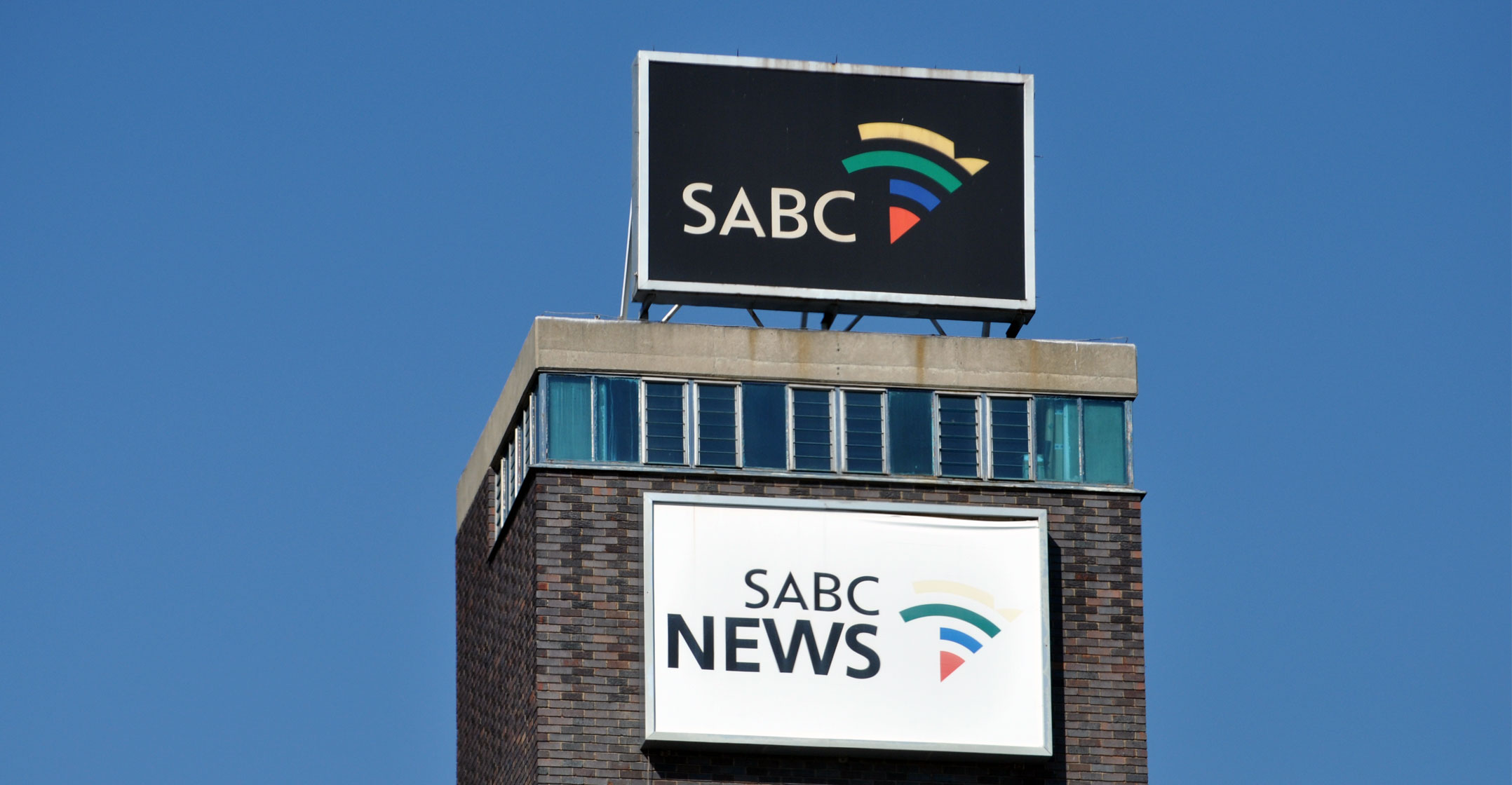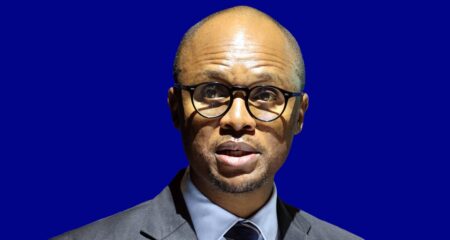 Communications regulator Icasa has announced it will conduct a regulatory impact assessment on television must-carry regulations following strenuous objections by the SABC.
Communications regulator Icasa has announced it will conduct a regulatory impact assessment on television must-carry regulations following strenuous objections by the SABC.
The regulations allow MultiChoice and other pay-TV operators to carry the SABC’s three public-service TV channels at no cost.
At Icasa hearings into subscription TV broadcasting services in South Africa in May, the SABC said the regulations are unfair and that commercial broadcasters are exploiting the situation to their advantage and to the financial detriment of the public broadcaster.
The cash-strapped broadcaster, which has been lobbying Icasa for some time to amend the must-carry rules, wants DStv, StarSat and others to pay to carry SABC 1, 2 and 3 on their platforms. They currently don’t have to pay for the channels as the regulations state they must be offered at no cost.
At the hearings, an SABC team led by chief operating officer Chris Maroleng, argued that the must-carry regulations, though originally meant to assist the public broadcaster, in fact threaten its sustainability. The regulations were introduced in 2008.
MultiChoice, it said, is getting a free ride, and it suggested that many of the most popular programmes viewed on DStv are in fact produced by the SABC. It added that changes to the regulations are necessary, at the very least, because the Electronic Communications Act requires Icasa to “protect the integrity and viability of public broadcasting services”.
“The SABC entered into a must-carry channel distribution agreement with MultiChoice Africa on 1 April 2011 … in terms of (which it) relied on the problematic 2008 regulations to contractually guarantee non-payment for the SABC’s three must-carry television channels,” the public broadcaster said in a written submission to Icasa ahead of the hearings.
Popular
“At the time, the regulations seemed to be drafted on the basis that the ‘must-carry obligation’ was an onerous one for (pay-TV) licensees and that these broadcasters would be ‘doing the public broadcaster a favour’… On the contrary, the SABC must-carry channels have commercially benefited MultiChoice Africa and other subscription broadcasters at the expense of the public broadcaster…”
It said its leading shows, including Uzalo, Generations, Skeem Saam, Muvhango, Tjovitjo and Isidingo, are among the most-watched shows on the DStv bouquets. “The SABC channels consistently appear in the top-15 most-watched channels” on DStv “with little to no commercial value to the SABC”.
Icasa now appears to be taking the SABC’s complaints seriously.
“The regulatory impact assessment will determine whether or not the regulations have fulfilled their intended objectives by looking at both economic and non-economic factors,” Icasa said in a statement.
 “These regulations are a part of the universal service and access obligation imposed on subscription television services, driven by a policy objective of ensuring that (public service) television programming is available to all South Africans, including those that use subscription services as their preferred means of access to television content,” it said.
“These regulations are a part of the universal service and access obligation imposed on subscription television services, driven by a policy objective of ensuring that (public service) television programming is available to all South Africans, including those that use subscription services as their preferred means of access to television content,” it said.
Icasa has issued a questionnaire requesting data from interested stakeholders that will assist it in making an informed decision whether or not to review the regulations. Interested parties have until 26 October to respond.
Soon after the Icasa hearings in May, MultiChoice South Africa CEO Calvo Mawela hit out at the SABC’s call for it to pay to carry its public service channels on DStv, saying it will not do so if the must-carry regulations are amended or scrapped.
Speaking to TechCentral, Mawela said he “fails to comprehend the logic of the SABC” in demanding payment for SABC 1, 2 and 3.
He said the SABC’s argument is illogical. “The SABC channels are freely available anyway,” he said. “You don’t … need a DStv decoder for you to receive SABC channels… The issue of them being on the MultiChoice platform is it’s convenience, first of all, for the DStv subscribers. Secondly, it’s about the universal service obligations of the SABC where they can reach any part of the country and this platform allows them to get access to all those people who might be on the outskirts of the country.”
He said the SABC’s reasoning that MultiChoice enjoys a commercial benefit in carrying its channels is nonsensical because “no one subscribes to DStv to get SABC channels”.
“I do not see the reason we should be paying for channels that are freely available. As I have already said, I fail to comprehend the logic of paying for channels that are freely available… Everyone can receive those channels, they do not have to be received through the DStv decoder.”
Mawela disputed the SABC’s assertion that its content is among the most popular on DStv. “I don’t think they have represented the information correctly. What you see is that during specific shows, yes, they outperform some of our shows… But throughout the 24-hour channel offering, saying that most of the people are watching the SABC – I do not buy into that research.” — (c) 2018 NewsCentral Media




